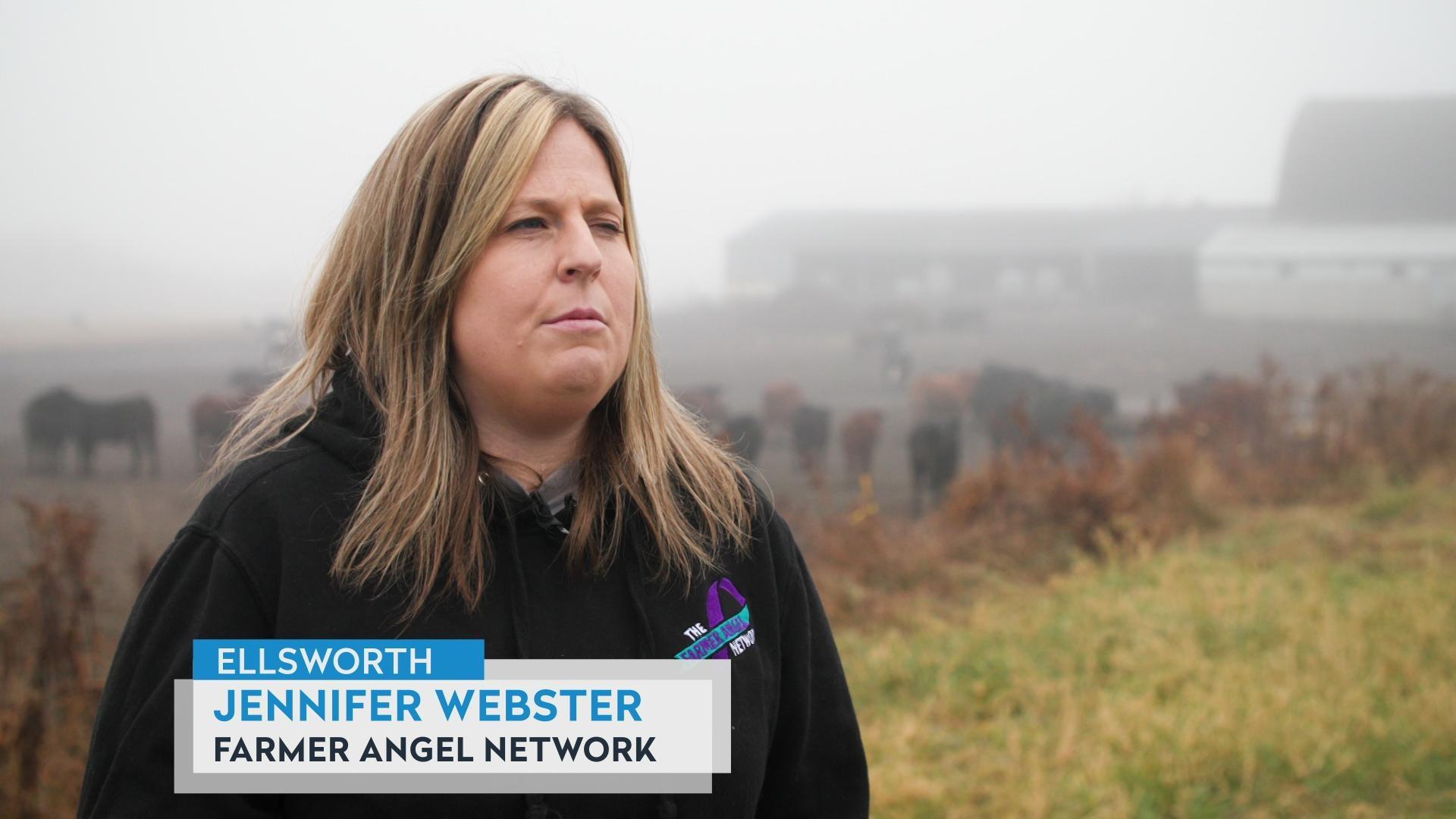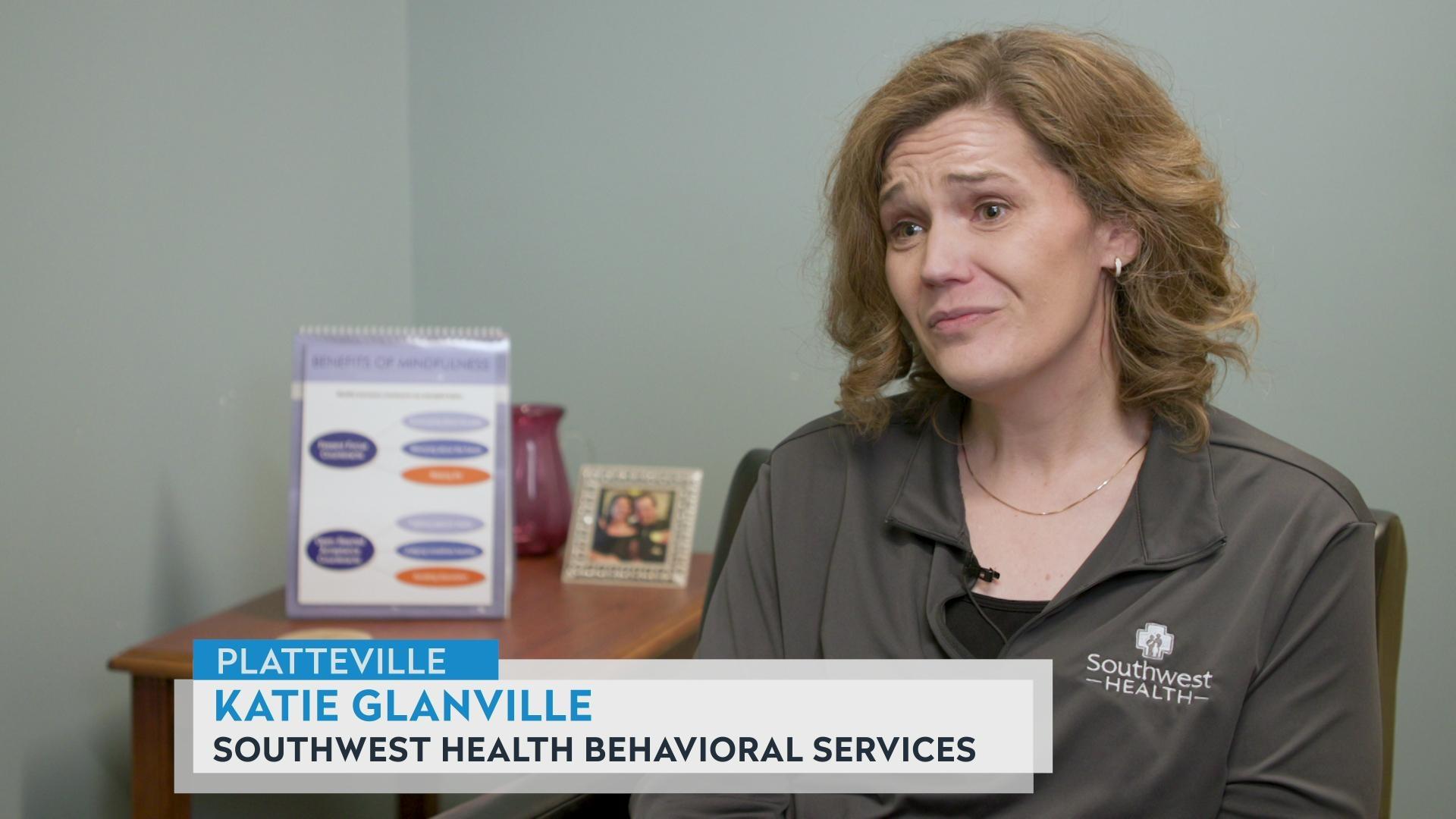Frederica Freyberg:
The week started in Washington with a White House summit called “Working Families.” President Obama gathered businesses, economists, labor leaders and policymakers from around the country to address the challenge of living wages and economic stability for families. La Crosse state senator Jennifer Schilling was there. She joins us now from La Crosse. Senator, thanks very much for doing so.
Jennifer Schilling:
Thank you.
Frederica Freyberg:
Well, I understand that a focus of this White House summit was working women. You and I can both relate to that. In fact, I know you have your children there behind you somewhere. But why women as a focus?
Jennifer Schilling:
I think it was really working families, and if it’s two parents who are working outside the home and raising children, if it’s single parents. But today three out of five American families with children, both parents are working outside the home. So this is– I think it’s time to have this conversation to demonstrate or talk about kind of the changing dynamics in families, that it’s not the 1950s anymore and both parents are working or single parents are trying to make ends meet and raising children. And what are some of those flexibilities and family workplace policies that we can put forward and work with employers to help families, American families and Wisconsin families.
Frederica Freyberg:
It seems really overdue to talk about these issues, because, as you say, it’s not the 1950s anymore. But that’s a long time ago now, and families have been in the workplace, both partners, and, as you say, single parents, for a long time now. So what are some of the kinds of ideas that came out of this summit to try to address this?
Jennifer Schilling:
Well, at the summit we had big business, we had Fortune 500 companies, Fortune 100 companies there. We had small businesses from across the country that were there, along with policymakers. And some of the ideas that were talked about were increasing the minimum wage, making sure that it reflects kind of what needs to be kind of the base right now. We talked about access to child care, other workplace flexibilities such as paid family leave, that the United States is only one of three countries and the only industrialized country in the nation that does not offer paid family leave. So sick leave was another aspect. Hourly workers may not have access to sick leave. You certainly don’t want to be going into a fast food restaurant and ordering your burger and fries with a touch of flu or a touch of strep throat. So it makes sense that we have this conversation with employers, with employees. And try to negociate and try to navigate some of those changing dynamics. And be respectful and kind of build that trust because some of the larger companies have demonstrated kind of that bottom line is profit. And they want to make sure that they can earn those profits, but part of that is making sure that those workers, those profit-makers, profit-creators have that flexibility and are respected in the workplace, and can find that balance of work and family life.
Frederica Freyberg:
Was there a sense on the part of business that they could work these kinds of flexibilities and benefits in and still kind of make that bottom line? I mean, is there a sense at all that that might be good for the bottom line?
Jennifer Schilling:
Well, and we have a vice-president of Gap who was there, and she talked about that they are increasing their minimum wage to $9 an hour this year. Next year they will be moving it up to $10 an hour. The president talked about some federal initiatives he had asked congress to do, but in light of congress not acting on them, many other states, 13 states have increased the minimum wage. So talking with some of these businesses, talking with some of these small, family-owned businesses across the country, that they’ve said, yes, we can look at our bottom line, still have a healthy bottom line, but really work with our employees to retain them, to make sure that they have– that they’re productive, that they have good morale in our workplace. But also look at opportunities, if it’s telecommuting and flexibilities for working parents taking care of their children, or even aging parents that– We talked a lot about that as well as kind of the dynamics of taking care of aging parents and the challenges affiliated with that.
Frederica Freyberg:
What legislatively can a senator like yourself do, especially in a state where your party is the minority and these ideas may not be embraced?
Jennifer Schilling:
Well, some of the things have taken place without legislative initiative. And there are many businesses that are doing the right thing, that are having these conversations, that value their employees. And so as I travel around the state, I’m sure now to kind of — When I talk to businesses or non-profits and some of the issues that I like to talk about, I’m going to make sure that we talk about family-friendly work policies and what are they doing to be innovative, maybe thinking outside the box. Because sometimes it’s not always the pay that is important to people, but it is those flexibilities. Studies after study demonstrate that and how they’re being creative with paid time off or encouraging people to find that right balance and right blend of family and work life.
Frederica Freyberg:
All right. Senator Schilling, thanks very much.
Jennifer Schilling:
Thank you.
Search Episodes
News Stories from PBS Wisconsin

Donate to sign up. Activate and sign in to Passport. It's that easy to help PBS Wisconsin serve your community through media that educates, inspires, and entertains.
Make your membership gift today
Only for new users: Activate Passport using your code or email address
Already a member?
Look up my account
Need some help? Go to FAQ or visit PBS Passport Help
Need help accessing PBS Wisconsin anywhere?

Online Access | Platform & Device Access | Cable or Satellite Access | Over-The-Air Access
Visit Access Guide
Need help accessing PBS Wisconsin anywhere?

Visit Our
Live TV Access Guide
Online AccessPlatform & Device Access
Cable or Satellite Access
Over-The-Air Access
Visit Access Guide
 Passport
Passport


















Follow Us